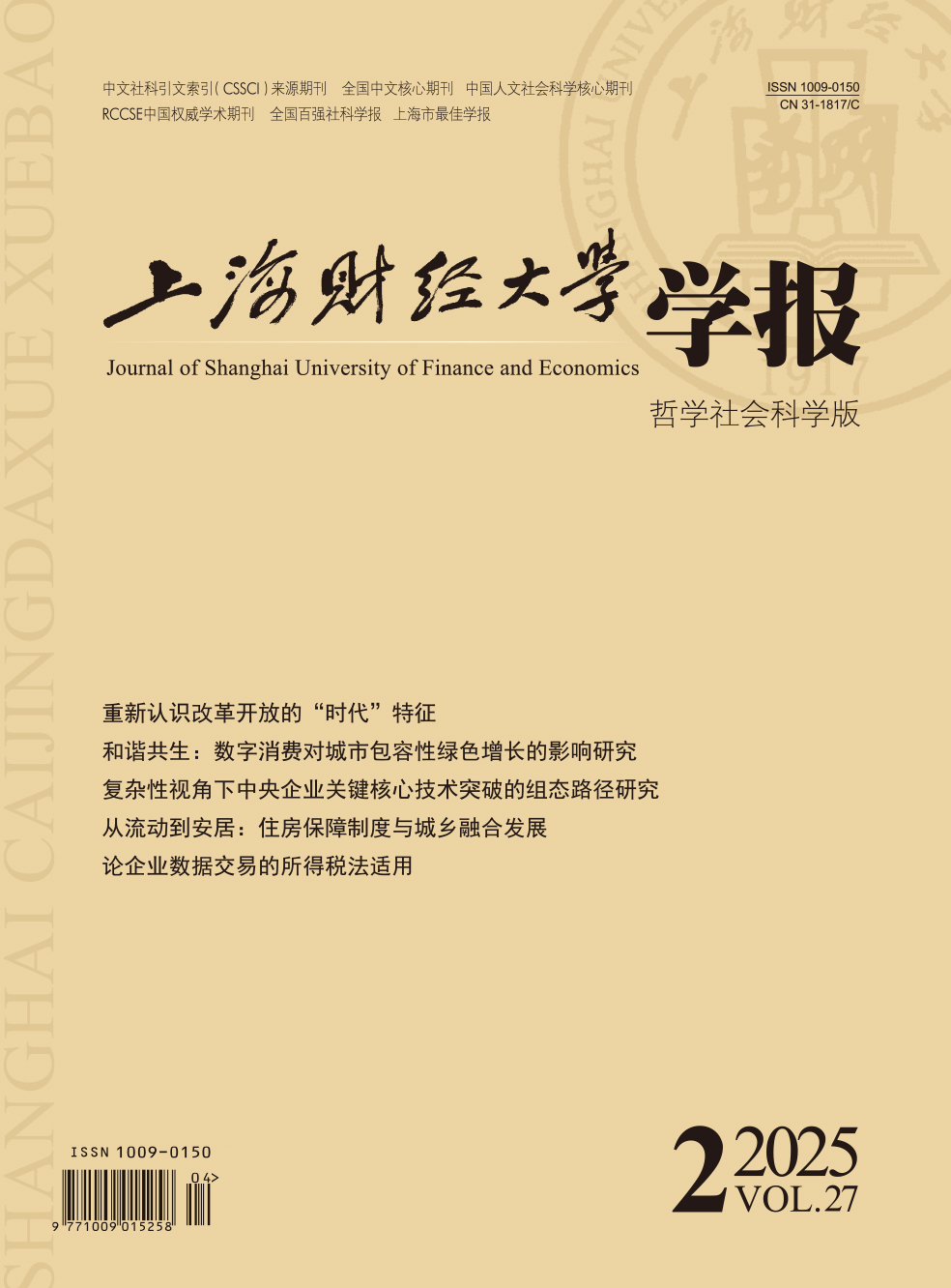China has made great achievements in anti-poverty in recent years. With the elimination of absolute poverty, relative poverty will become the future poverty alleviation task in China. From the experience of various countries, fiscal instruments are an important means to solve relative poverty, but the role of fiscal instruments in solving relative poverty in China is worth discussing. From the perspectives of taxation and public transfers, using the CFPS2012 micro data and taking 40%, 50% and 60% of the median income of sample as the relative poverty line, this paper analyzes the relative poverty reduction, income redistribution, fiscal impoverishment and gains of China’s fiscal instruments, and compares the policy performance under the absolute poverty and relative poverty standard. Furthermore, the sensitivity analysis and scenario simulation are carried out in this paper through the reclassification of pension, adjustment of income equivalent scale treatment and policy redesign. This paper draws the following conclusions: First, the relative poverty status of the whole sample and the rural sample has been improved after taxes and transfers. However, the relative poverty of the urban areas has increased. Social security contributions and income taxes have increased relative poverty, while dibao, agricultural subsidies and subsidies for returning farmland to forests have played a large role in reducing relative poverty. Public transfers are important to reduce rural poverty. Second, income inequality has improved. The redistribution effect of government transfers is larger than that of social security payment and individual income taxes. In the urban sample, the marginal contribution of the redistribution effect of individual income taxes is larger than that in the rural sample, and the marginal contribution of transfer payments such as dibao, subsidies for returning farmland to forests, agricultural subsidies, subsidies for households with five guarantees, and subsidies for households with extreme poverty is higher than that in the urban sample. Third, the level and proportion of people who benefit from fiscal instruments are always higher than that of fiscal impoverishment. Although relative poverty and redistribution have been improved, the fiscal impoverishment may be concealed by fiscal gains. Fourth, there is consistent policy feasibility between absolute poverty and relative poverty. In the sensitivity and scenario analysis, we find that after the pension is reclassified as transfer payment, it will become an important factor to reduce relative poverty, reduce the poverty gap and improve the redistribution, and the expansion of transfer is conducive to the urban relative poverty reduction.
 / Journals / Journal of Shanghai University of Finance and Economics
/ Journals / Journal of Shanghai University of Finance and EconomicsJournal of Shanghai University of Finance and Economics
LiuYuanchun, Editor-in-Chief
ZhengChunrong, Vice Executive Editor-in-Chief
GuoChanglin YanJinqiang WangWenbin WuWenfang, Vice Editor-in-Chief
Relative Poverty, Redistribution and Fiscal Gains: What Are the Roles of Taxes and Transfers?
Journal of Shanghai University of Finance and Economics Vol. 22, Issue 06, pp. 3 - 20 (2020) DOI:10.16538/j.cnki.jsufe.2020.06.001
Summary
References
Summary
Cite this article
Xie, Li Min. Relative Poverty, Redistribution and Fiscal Gains: What Are the Roles of Taxes and Transfers?[J]. Journal of Shanghai University of Finance and Economics, 2020, 22(6): 3-20.
Export Citations as:
For
ISSUE COVER
RELATED ARTICLES




 3990
3990  4637
4637

